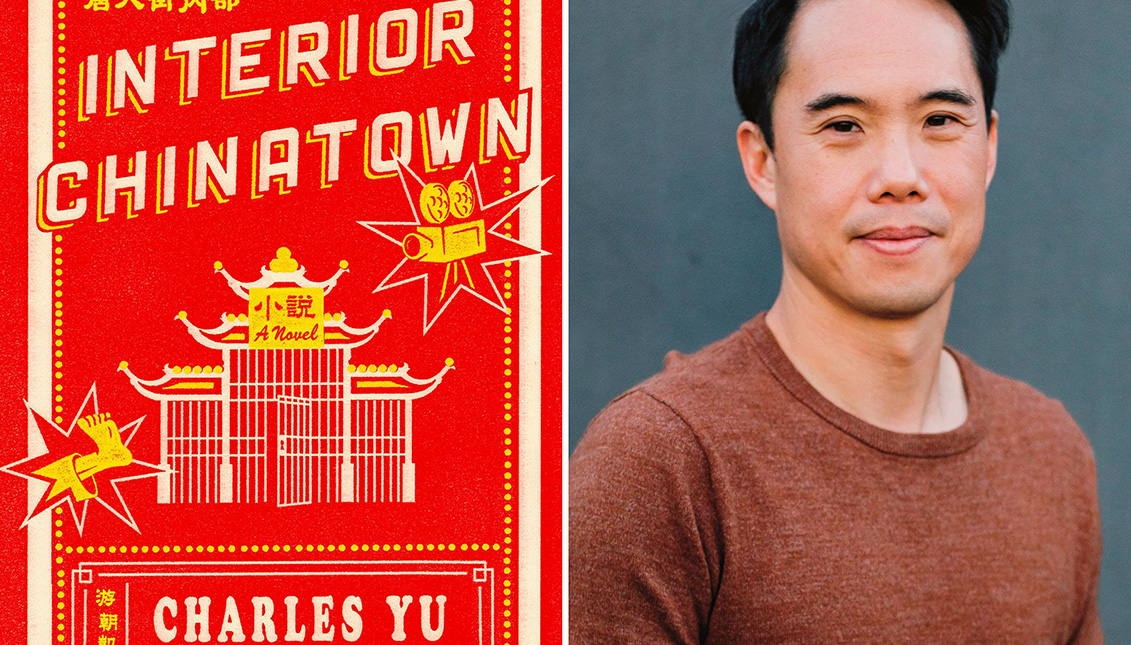
'Interior Chinatown': The sharpest satire on racial stereotypes in Hollywood
The winner of the 71st National Book Award will be brought to screens by Hulu and is another 'sledgehammer' to the industry and its clichés.
Clichés govern many aspects of our lives, and even if one tries to shake them, they can suddenly find themselves cataloguing others in a pattern as difficult to remove as an oil stain on a tie.
For example, who would tell us that lawyers are funny? What's more, they may be the new avenue that literature needs to make a scathing criticism of the system and crack up with laughter in the meantime.
Charles Yu is no longer a lawyer. He was one for 13 years, when he combined fiction with corporate litigation, and his sharp and highly original prose catapulted him into writing.
The result of such work came to him a few weeks ago, when his book, Interior Chinatown, was crowned the new winner of the 71st National Book Award in fiction.
Narrated in the second person and structured like a movie script, this irreverent satire immerses the reader in a fictional Chinatown, where an Asian-American actor, Willis Wu, tries to fight the clichés and make his way in Hollywood in roles other than that of "Asian man." Roles he tries out along the way are those of a mafioso or delivery man.
But since reality often surpasses fiction — or rather, the latter is a reflection of and perpetuates the former — Wu also faces the identity barriers that others try to put in his own life beyond the screen.
The book is Yu's fourth, who in 2007, was considered one of the five authors under 35 with the greatest upside for his book, Third Class Superhero. He has also stood out for his original approach to stories in novels such as How to Live Safely in a Science Fiction Universe (2010) or his collection of short stories Sorry, Please, Thank You, where he draws a world populated by virtual and outsourced warriors of pain.
RELATED CONTENT
"The invisibility of Asians in the stories I consumed spoke to me on a level that I probably didn't process until I wrote the book," Yu, son of Taiwanese immigrants and brother of writer and Emmy Award winner Kelvin Yu, told NBC.
The author also pointed out that the humorous tone of Interior Chinatown was not meant to detract from the identity and racial themes it explores.
Yu said he tried to write the book for years, but says it wasn't until Trump's election victory that he realized he had to be "bolder" in what he's trying to say.
"How much does it make your psyche to say, I don't see myself and others don't see me as someone who could be in this kind of story or in this kind of life," he wondered. "You can't be the main character; if you're in the story, it's a very specific role or really as background or furniture, and that takes away your personality."
At 44, Yu also joins a group of authors who have won this prestigious award, balancing race and bringing another rebellious and accurate perspective to the narratives of iconic, Southern authors like William Faulkner and Flannery O'Connor.











LEAVE A COMMENT:
Join the discussion! Leave a comment.